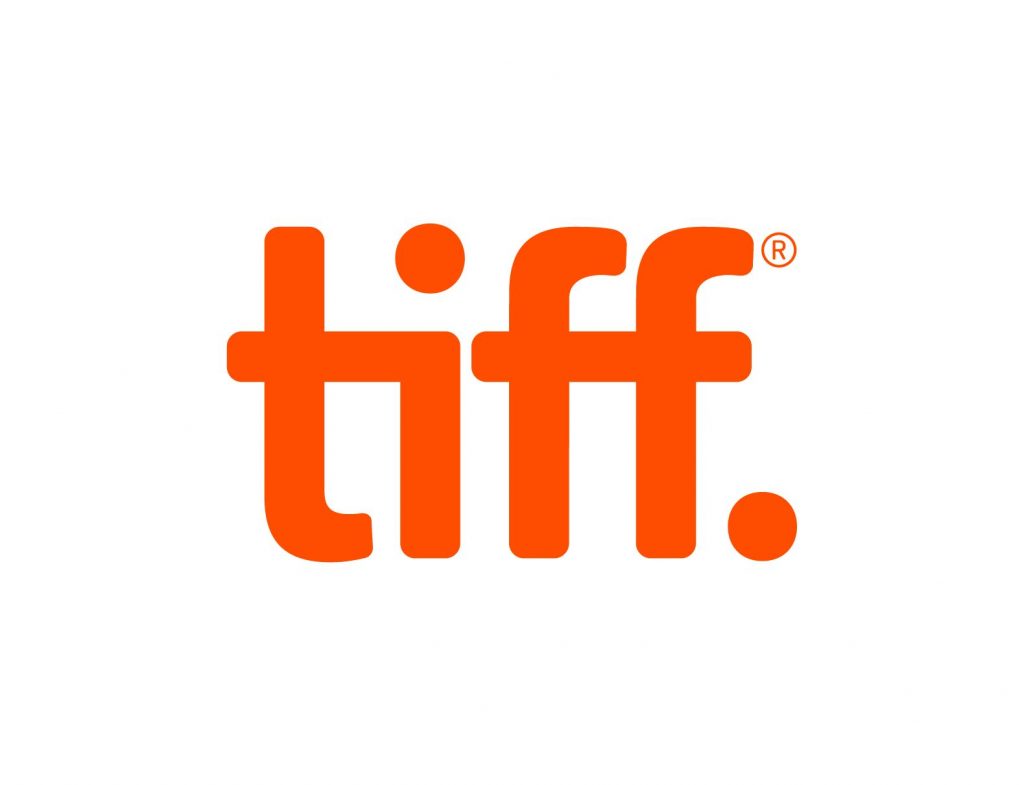#TIFF14: TORONTO’S GLOBAL CELEBRATION OF WHY MOVIES MATTER
In 1976, Bill Marshall, Henk van der Kolk and the legendary Dusty Cohl dreamt up the concept of a film festival in Canada that would not only showcase Canadian film, but productions from across the globe. In its inaugural year, the Festival of Fests brought in 35,000 attendees. Cut to 2014 – the Festival, now internationally recognized as the Toronto International Film Festival (TIFF), is predicted to attract almost a half million people from around the world, from international and local talent to people who just genuinely love film. With 2,800 volunteers in their cavalry and almost as many full time employees, TIFF has gone from a budding film festival to a global celebration of the movies. At the same time, TIFF highlights one of the many different ways the film industry has a positive impact on the economy. From April 2012 to March 2013, the Festival (along with its year-round programming at the TIFF Bell Lightbox) contributed $189 million to the City of Toronto. Today, TIFF is the largest public film festival in the world with:
– An international line-up of 393 films from 79 different countries around the world;
– 250 features that were North American, International, or World premieres;
– 31,038 minutes of film; and
– 31 Canadian features, including co-productions —24 of which made their World premiere at TIFF 2014.
With actors, directors and producers from all over the world gushing over the festival (not to mention the City of Toronto), it’s no wonder they return year after year. Academy Award nominee Julianne Moore, a festival favourite, was back this year starring in two highly anticipated movies: Canadian director David Cronenberg’s Maps to the Stars, a dark satire about life in Hollywood, and Still Alice, the story of a linguistics professor at Columbia who is diagnosed with Alzheimer’s. Moore, who has been coming to Toronto since 1986 to either make movies or walk the red carpet, loves TIFF for the same reasons creators, actors, and filmmakers from around the world are drawn to the Festival: The amazing opportunity to meet fans, industry professionals, and share their work with movie lovers who come to Toronto every year.
While Canadian talent is always highlighted at TIFF, this year featured great examples of the creative strength in collaborations between Quebec artists and Hollywood, with three premieres and screenings featuring Quebec directors: Good Lie, directed by Philippe Falardeau; Wild, brought to life by Oscar-nominated director Jean-Marc Vallée; and the all-star ensemble comedy This is Where I Leave You, directed by Montreal-born Shawn Levy.
Film festivals have traditionally been venues for the marketing and selling of independent films to distributors. The modern TIFF is so much more – engaging audiences, building interest for movies and movie-making, and providing a forum for the creative community to collaborate and communicate. These are the pillars of the festival, and every year TIFF seems to find more creative ways to expand and enhance the festival experience: From the construction of the year-round headquarters at TIFF Bell Lightbox, to shutting down King Street West in downtown Toronto (along which many of the theatres are located) and offering unique features like bike valet services and free concerts all along “Festival Street” during opening weekend. For many movie afficionados, the highlight of the Festival this year was Bill Murray Day on Friday, September 5 – where free screenings of some of the actor’s most iconic films took place ahead of the premier of his latest critically acclaimed role in St. Vincent.
TIFF isn’t just a film festival. For ten days a year, people from around the globe are given access to incredible global talent, industry-focused learning and networking opportunities, and world-class entertainment. The Festival’s 31,038 minutes of thought-provoking premieres documentaries, thrillers, dramas, comedies, shorts, and the best movies the world has to offer are all available to entertain us, educate us and take us places we’ve never been.


